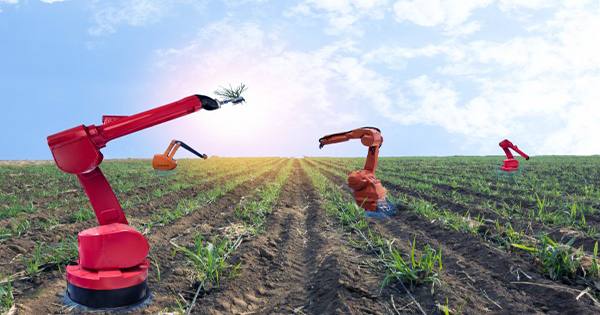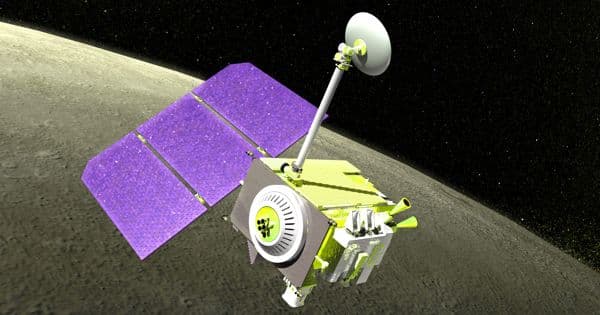Iron Ox, an autonomous agricultural firm situated in the Bay Area, received a $53 million funding round this week. Breakthrough Energy Venture led the Series C round, bringing the company’s total financing to $98 million.
Iron Ox is one of a flurry of enterprises attempting to reinvent farming for the twenty-first century, amid escalating concerns about population expansion, climate change, labor shortages, and a host of other issues. Large-scale indoor farms to field robotics built for a more plug-and-play approach that works with a more traditional setup are among the solutions available.
The company calls its approach a “closed-loop system.” It’s basically a robotic greenhouse with its own harvesting technology. The company doesn’t make any outrageous claims about yield, claiming that it’s on par with what you’d receive from a typical farm, but it’s working to do so with a far smaller environmental imprint — and a model that’s less reliant on seasonal variations than traditional farming.
Iron Ox claims that its technology saves 90 percent of the water used in traditional farming. These systems also include data into every step of the process, allowing them to collect a substantial quantity of data about the produce they grow in order to increase future productivity.
“World-class investors understand that reversing climate change is humanity’s most essential goal. In order to get there, we can’t settle for incrementally more sustainable crops — and we can’t expect customers to sacrifice taste, convenience, or value,” said Brandon Alexander, co-founder, and CEO. “Using technology, we are reducing the amount of land, water, and energy required to feed a growing population. Iron Ox’s team will not give up until we reach our long-term goal of making the produce industry carbon negative.” Using technology, we are reducing the amount of land, water, and energy required to feed a growing population. Iron Ox’s team will not give up until we reach our long-term goal of making the produce industry carbon negative.”
This round will be used to scale manufacturing, expand operations in the United States, increase R&D, and hire additional people, according to the business.
















